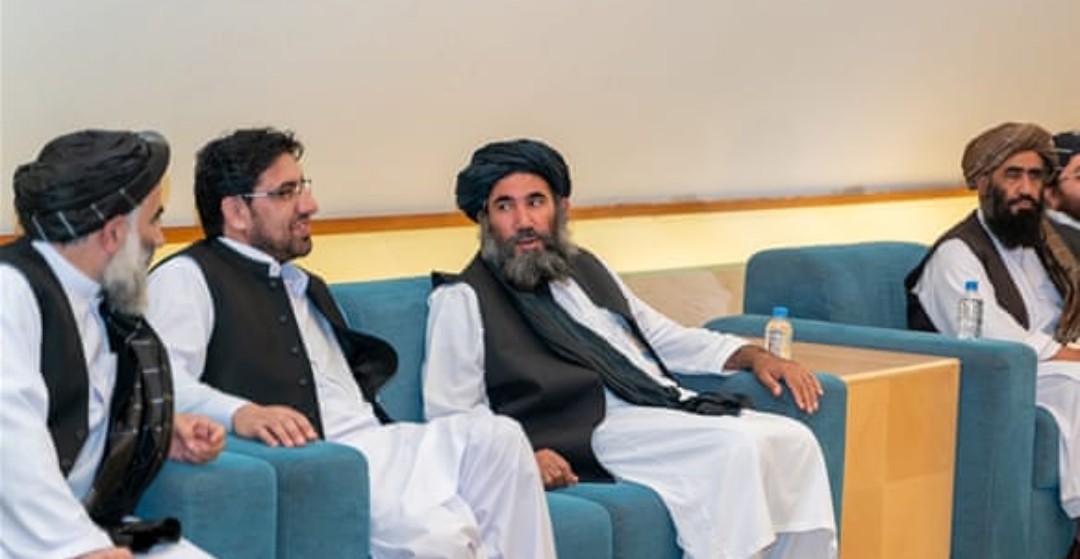“Calling the current Afghan Islamic national liberation movement terrorists or a proxy is an untrue and provocative statement,” Suhail Shaheen, spokesman of the Taliban’s Doha-based Political Office, tells The Hindu
The Taliban is not a proxy of any country and it does not want to interfere in the internal affairs of other nations, the group’s political spokesperson said on Tuesday.
“Calling the current Afghan Islamic national liberation movement terrorists or a proxy is an untrue and provocative statement,” Suhail Shaheen, the spokesman of the Taliban’s Doha-based Political Office, told The Hindu.
He spoke about India’s policy on Afghanistan soon after the deputy leader of Taliban’s Political Office in Qatar, Sher Mohammad Abbas Stanekzai, was reported to have accused India of playing a “negative role” inside Afghanistan. Part of India’s concern over the Taliban’s opinions, especially on Kashmir, stems from the fact that South Block still considers it a terror group and has refused to engage it in a dialogue.
Mr. Shaheen also indirectly dismissed social media reports about the outfit’s opinion on the Kashmir issue, vowing to stay away from the domestic affairs of other countries. “The Islamic Emirate has a clear policy of non-interference in the internal affairs of other countries.”
He also addressed the issues raised by National Security Advisory Board member Amar Sinha, who in an interview to The Hindu had questioned why the Taliban was unwilling to fight ISIS-KP jointly with the Afghan government.
The U.S. had blamed the ISIS-KP for the recent attack on a hospital in Kabul and the Taliban had blamed “malicious elements” for the killings. In response to the Indian official’s doubts, Mr. Shaheen said the Taliban is an independent entity and will not join hands with others to fight ISIS. “Based on Doha Accord with the U.S., we will not allow any one to use the soil of Afghanistan against any one. It is our commitment. We don’t join hands with any one. We are independent people,” he said, adding that those Indian policymakers who oppose exchanges with the Taliban are not realistic.
“Why should India give legitimacy to this kind of force in its own neighbourhood?” Mr. Sinha had asked in the interview where he had criticised the group for not declaring a ceasefire in the month of Ramzan. Mr. Sinha’s remarks had followed the Delhi visit of U.S. special envoy Zalmay Khalilzad, who had urged India to engage the Taliban. Sources familiar with the exchanges with the envoy had said India was yet to decide on whether to engage the Taliban. Mr. Shaheen maintained that the Indian officials who oppose engagement with the Taliban are “following a failed policy”.
“As such they are not speaking for the interests of the people of India while they should, and are in fact, speaking for the interests of a few at the saddle of power in Kabul. Consequently, India could not find a proper place among the masses of Afghanistan despite spending a lot in the country,” said Mr. Shaheen.
With inputs from The Hindu
(This story has not been edited by Kashmir Today staff and is published from a syndicated feed.)

